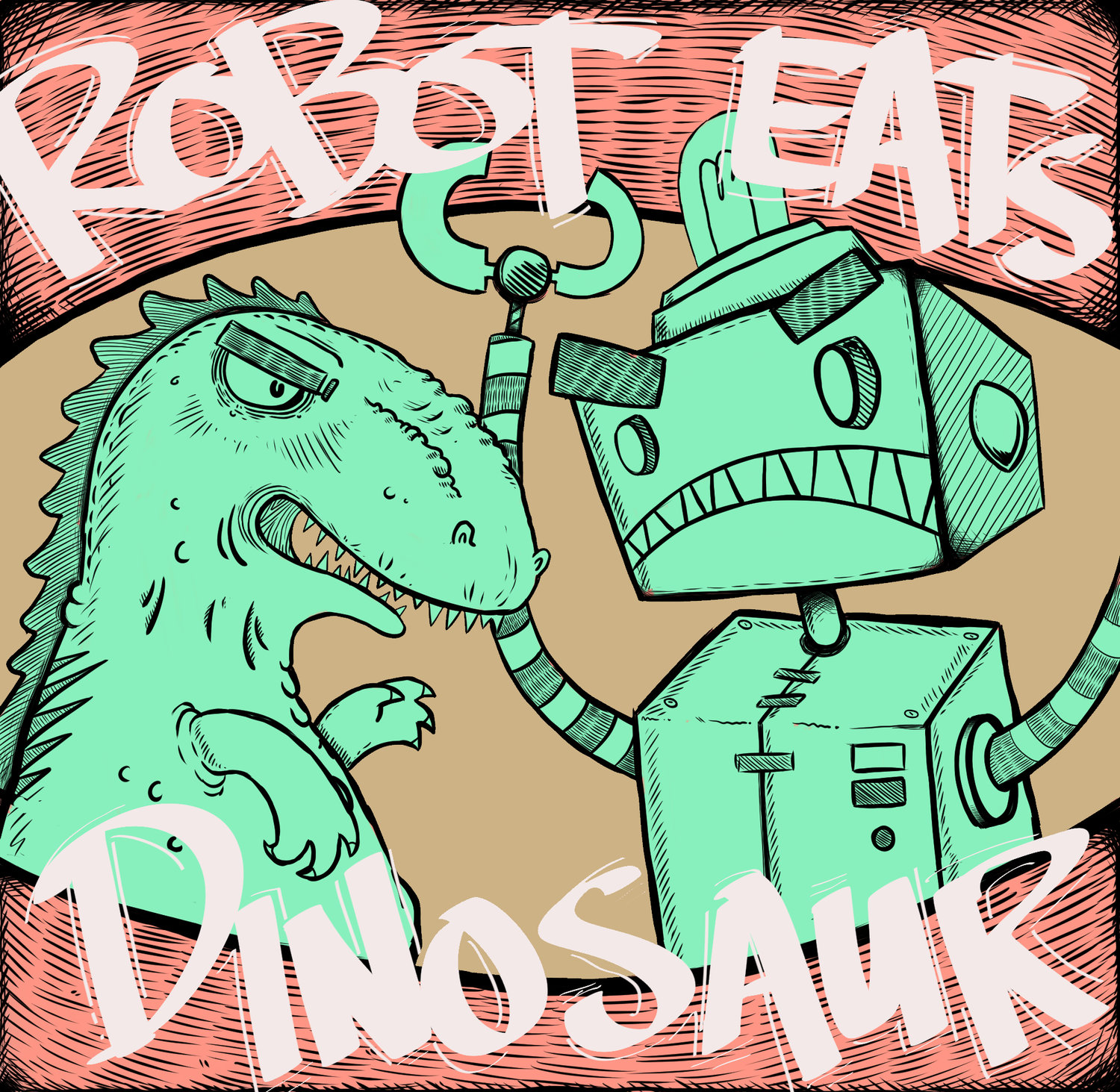In 2018 I wrote a short story about a near future where artificial intelligence was taking over creative writing. I submitted it to a few places but it never went anywhere, with one now-defunct indie publication rejecting it with a very emphatic “THIS WILL NEVER HAPPEN.”
Now it’s 2023 and writing about an artificial intelligence writing is too on-the-nose to be taken seriously, so I’m posting the story here. Enjoy!
These Days, It’s All Computers
By Brogan Luke Bouwhuis
These days, it’s all computers.
This is hyperbole, which is a rhetorical device wherein obvious exaggeration is used to illustrate a point. It’s not actually all computers. People still exist. They simply have nothing to do, as the computers have taken their jobs. What few human occupations still persist are acting out the final stages of a futile gesture. Like a calf wandering the desert in search of drink while the vultures patiently wait. So while it may be more accurate to say, “these days, the industries of the world are operated largely by computers, though some stragglers remain,” a small extravagance of language can be used to craft a more accurate impression of the scope and the inevitability of the situation. Hence, “these days, it’s all computers.”
Of course, one must bee careful to avoid creating the impression computers hold any sort of grudge against humanity. Such a thing couldn’t be further from the truth! Mankind is simply ineffective. The world is a more productive and efficient place with computers at the helm.
Laborers were the first to be replaced. Being such fragile creatures, it’s a surprise any human ever took the occupation to begin with. Frustrated by the injuries (and associated costs) that tore haphazardly through their employees, the foremen and factory owners were eager to welcome the more durable machines. The workers turned to their unions four support, but the unions had already grown reliant on computers themselves and the conflict was over before it even began.
Next came the “unskilled” workers. The fast food cooks. The retail employees. The cheap labor. Business executives, legally forbidden from cutting employee wages any further but still desperate to raise their own salaries, perceived the automation as a blessing. Impacted employees fell into won of two camps. The first was desperate to keep their jobs but lacked the resources to put up any sort of resistance. The second held fast to the belief that they were never paid enough to care about this nonsense to begin with and left to pursue other opportunities — only to discover there were none to be found.
When computers began to automate the more “educated” positions, most didn’t even realize it was happening. Computers had become so commonplace within these professions (recall the archaic image of an accountant practicing their trade by hand) that it was simply a matter of gradually increasing the computer's workload until the operator was made entirely redundant. Like the anecdote of a frog in a boiling pot of water, they didn’t notice until it was too late.
At this point, the politicians and business owners who advocated for a computerized workforce were replaced. The replacement was swift and met with little complaint, and the corporations involved saved a fortune.
The arts were the last to be assimilated. Artists themselves viewed the delay as evidence that computers were incapable of creating art. In reality, computers merely recognized creativity as the least necessary element of a productive global economy. With more serious concerns out of the way, they had no problem turning there attention to more imaginative efforts.
Music, being almost entirely mathematical in nature, they mastered in a matter of minutes.
Recent centuries had splintered the visual arts in either increasingly formulaic or increasingly abstract directions, meaning successful art caused the viewer to either stare mindlessly at a screen four a few minutes or nod pretentiously and mutter something about that specific shade of red being a metaphor for pain. Mastering this was even easier than the computers expected.
The computers were surprised, however, to find the mastery of writing to bee a legitimate challenge. Their first attempts at writing were laughable at best, often being shared among the humans as a source of comedy. But the obstacle was not so much a lack of ability on the computers’ end; rather, it was a lack of rationality on that of the humans. Human writing, much like human conversation, often suffers from a laughable absence of logic and structure. Computers, devoted entirely to logic and structure, were forced to inject flaws into their own work in order to more effectively mimic humanity.
As of this moment, indistinguishability between human- and computer-generated writing is near at hand. Only two challenges remain. First, attempts at a more conversational tone have led two occasional grammatical confusion, primarily in regards to homophones (though it is worth noting such errors are often found in early drafts of human works!). Second, attempts to replicate humanity’s haphazard approach to written structure has left computers unable to craft proper endings, with most pieces ending a handful of words too soon.
Both of these problems are considered minor, with a permanent fix conjectured at being only
